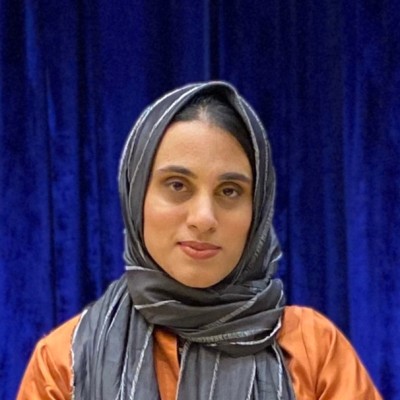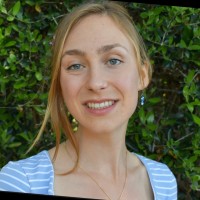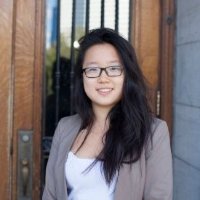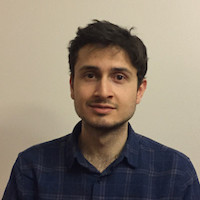Teaching
Descriptions of students mentored, courses instructed and CCTP program completion are found below.
Student mentorship
Students from École Polytechnique (X), Harvard, McGill, MIT, Princeton, Yale, and the University of Guelph were mentored in the Blanchette (McGill and X), Gerstein (Harvard and Yale), Kremer (Guelph) laboratories, and at SEMC-NYSBC (MIT and Princeton).
If you are interested in mentorship opportunities with Dr. Cameron, please complete this Google Form and email him explaining your interest.
Rotation, short-term, and internship students
Course lecturing
COMP 364 Fall 2017: Computer Tools for Life Sciences (3 Credits)
School of Computer Science, McGill University
Co-instructed with Carlos G Oliver
Description
Introduction to computer programming in a high level language: variables, expressions, types, functions, conditionals, loops, objects and classes. Introduction to algorithms, data structures (lists, strings), modular software design, libraries, file input/output and debugging. Emphasis on applications in the life sciences.
By the end of this course, students will be able to:
- Design and describe precise, unambiguous instructions that can be used [by a computer] to solve a problem or perform a task
- Translate these instructions into a language that a computer can understand (Python);
- Write programs that solve complex problems (especially those arising in Life Sciences) by decomposing them into simpler subproblems
- Apply programming-style and structure conventions to make your programs easy to understand, debug and modify
- Learn independently about new programming-language features and libraries by reading documentation and by experimenting
Recommended software
Python v3.6 (via Anaconda) and Sublime (or any other plain text editor)
Textbook
How to Think Like a Computer Scientist: Interactive Edition (Python)
Student evaluation
Quizzes: 5% (10 quizzes worth 0.5% each)
Assignments: 35% (5 assignments worth 7% each)
Midterm exam: 20%
Final exam: 45%
Example lecture below:
An example Jupyter notebook assignment may be downloaded here.
(requires Anaconda and Python 3)
Certificate of College Teaching Preparation (CCTP)
Certificate of Completion (July 2020)
Administered by the Yale Center for Teaching and Learning (CTL) and Center for the Integration of Research, Teaching and Learning (CIRTL), the CCTP program provides comprehensive training in effective college teaching.
Requirements of the CCTP and CIRTL association:
- CIRTL MOOC: an introduction to evidence-based undergraduate STEM teaching
- Six CTL Advanced Teaching Workshops (ATWs), CIRTL workshops, or short courses
- Two occasions of observing others teaching with written reflections
- Participation in two learning communities
- Compiled teaching portfolio
The compiled teaching portfolio is available upon request. Please send an email with “Teaching portfolio request” as the subject line.













